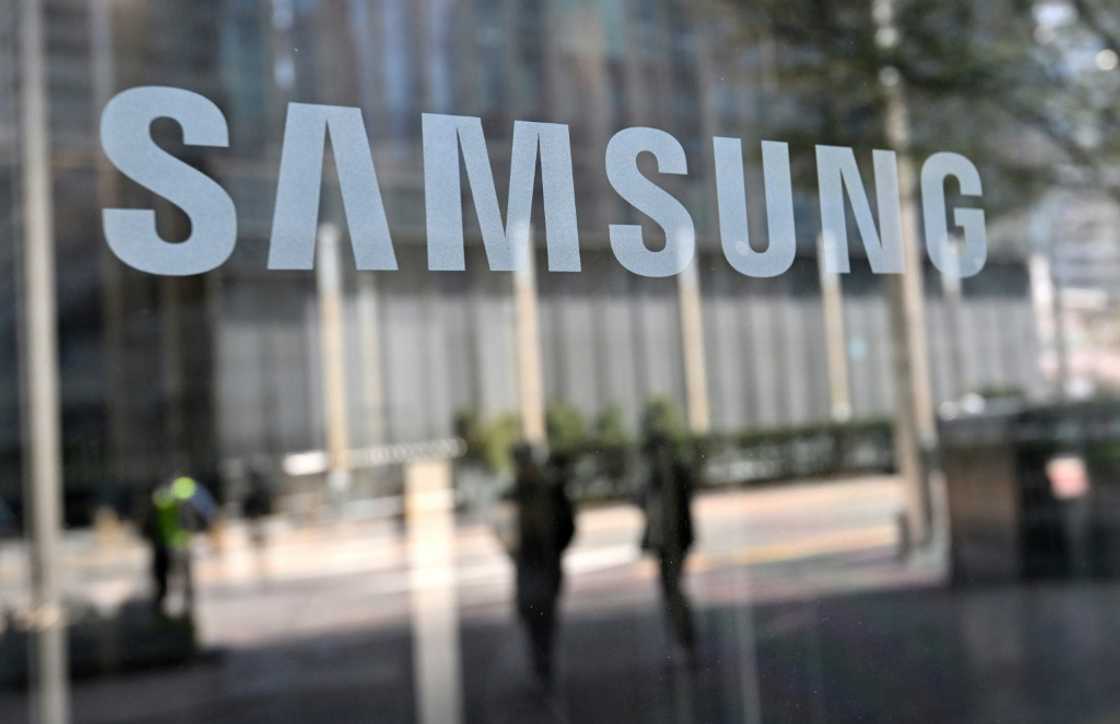US to grant Samsung up to $6.4 bn for chip plants

Source: AFP
The United States on Monday announced grants of up to $6.4 billion to South Korean semiconductor giant Samsung to produce cutting-edge chips in Texas.
The award is the latest from the US government as it looks to revive the country's chip manufacturing industry, especially high-end semiconductors.
President Joe Biden's administration has previously approved billions in grants to US titan Intel and Taiwan's TSMC, as it tries to avoid the prospect of shortages of semiconductors -- the lifeblood of the modern global economy.
"The U.S. Department of Commerce and Samsung Electronics (Samsung) have signed a non-binding preliminary memorandum of terms (PMT) to provide up to $6.4 billion in direct funding under the CHIPS and Science Act," said a statement published by the Department of Commerce.
Samsung "is expected to invest more than $40 billion in the region in the coming years, and the proposed investment would support the creation of over 20,000 jobs," it added.
Currently, the United States is highly dependent on Asia for chips and is vulnerable to shocks to semiconductor supply chains, especially during geopolitical crises that impact places such as Taiwan.
The Samsung agreement will "cement central Texas's role as a state-of-the-art semiconductor ecosystem," Biden said in a statement.
"These facilities will support the production of some of the most powerful chips in the world, which are essential to advanced technologies like artificial intelligence and will bolster U.S. national security."
The Chips and Science Act, passed in 2022, calls for tens of billions of dollars in funding to overhaul the US semiconductor industry, with the idea that making public money available for this purpose will lure private investment.
Under the latest agreement, Samsung will not only build a new facility to produce advanced chips, but also expand its existing facility in Texas, according to the Department of Commerce.
"We're not just expanding production facilities; we're strengthening the local semiconductor ecosystem and positioning the U.S. as a global semiconductor manufacturing destination," Samsung's Kye Hyun Kyung said in the Commerce Department statement.
"To meet the expected surge in demand from U.S. customers, for future products like AI chips, our fabs will be equipped for cutting-edge process technologies and help advance the security of the U.S. semiconductor supply chain."
PAY ATTENTION: Stay informed and follow us on Google News!
Source: AFP



